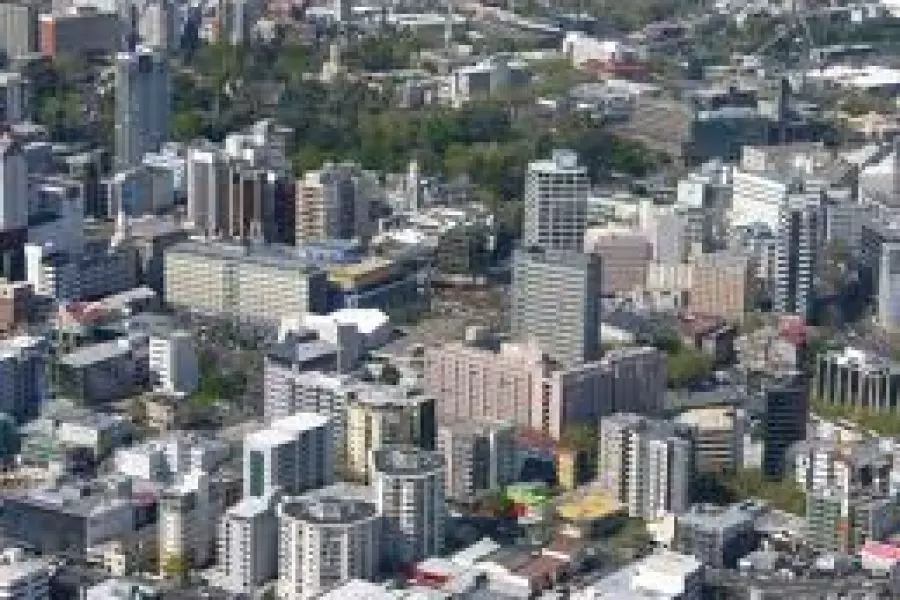News
Revamp planning system, end crisis

Wednesday 29th of March 2017
The Commission released its Better Urban Planning report today and it recommends a radical shakeup of the existing system which would make development easier and less costly – and put a halt to escalating house prices.
This is important as New Zealand’s high growth cities, particularly Auckland, have been struggling to deal with the challenges resulting from that gr...
Want to read the full article?
Click the button below to subscribe and will have unlimited access to full article and all other articles on the site.






![[The Wrap] Bye Bye Bayly](https://goodreturns.publit.io/file/c_fill,w_900,h_600/39f23ac1-f7c7-4854-b700-a150004ebbac.webp)


